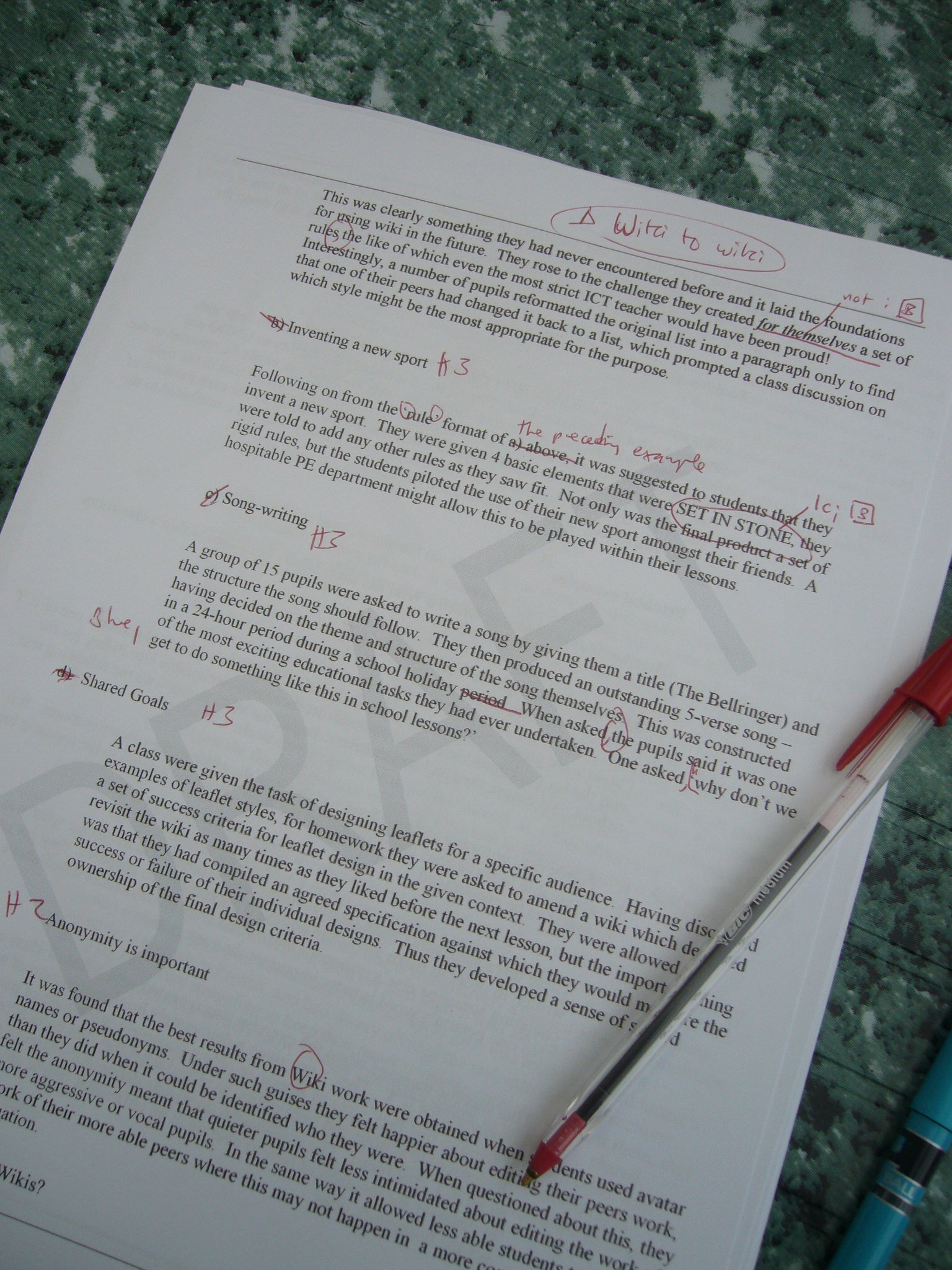There are times when a “good enough” approach is the right one, being trying to do something perfectly often means not doing something else at all, or doing it badly. Nevertheless, I believe there are some occasions when it’s vital for a Head of Department to insist on things being done properly, especially when you consider that pupils probably learn as much if not more from what you do than what you say.
For example:
Notices should be error-free.
Wordprocessing manuals should be wordprocessed (I say this because a colleague once offered me a handwritten manual for the wordprocessor used in school. I thought that was a ludicrous proposition, and one that would convey all the wrong messages to staff and students alike.)
Code should be generously commented, so that users can see what’s going on.
Files should be saved with proper filenames.
Etc
I’ve written more about this approach — some would call it “pernickety” — in an article I wrote on 2 September 2011.

